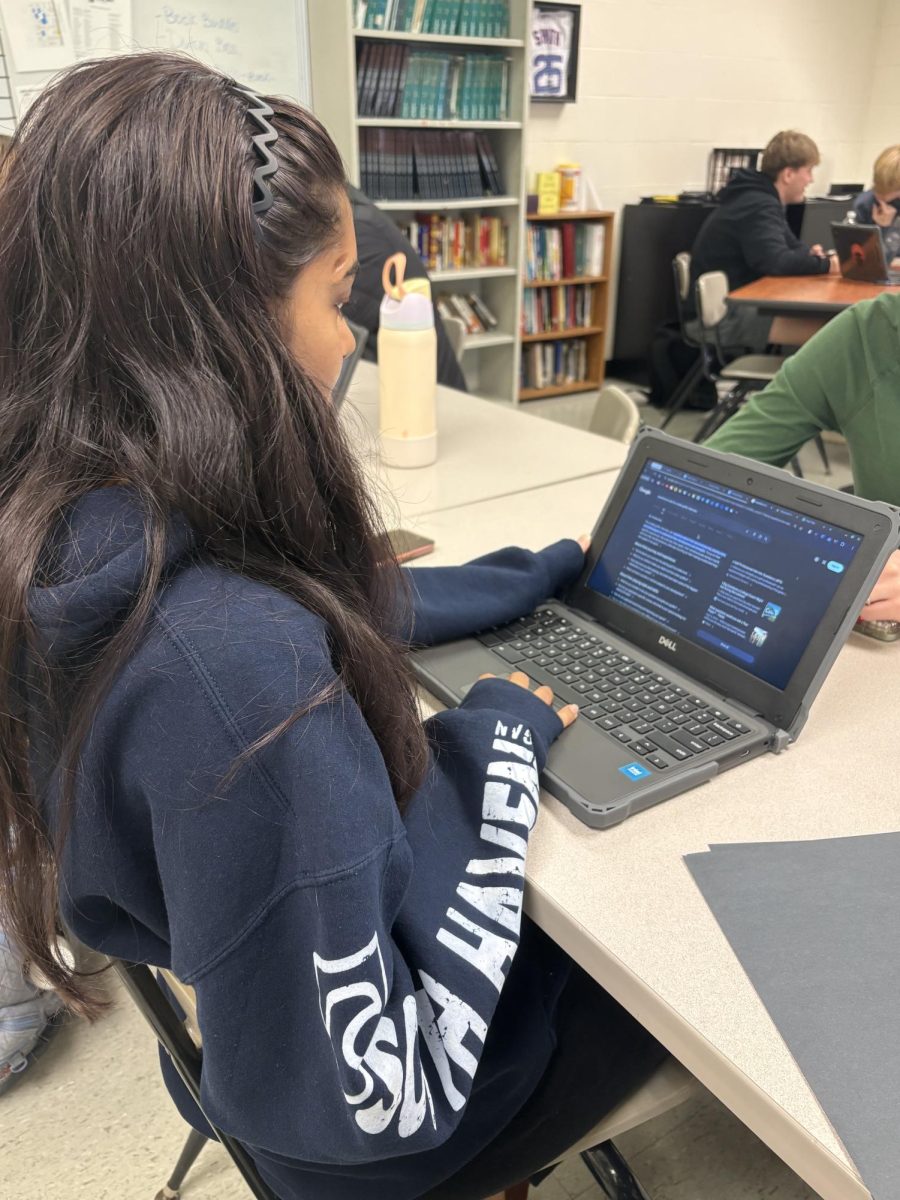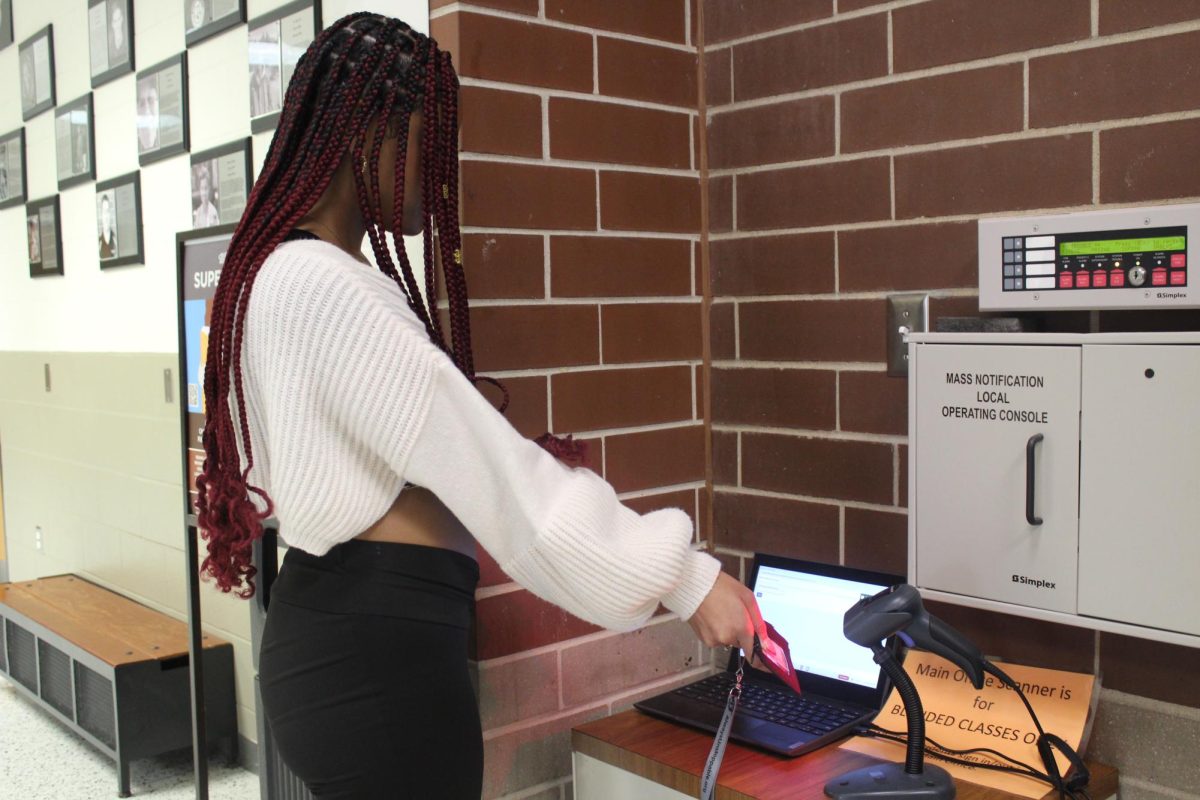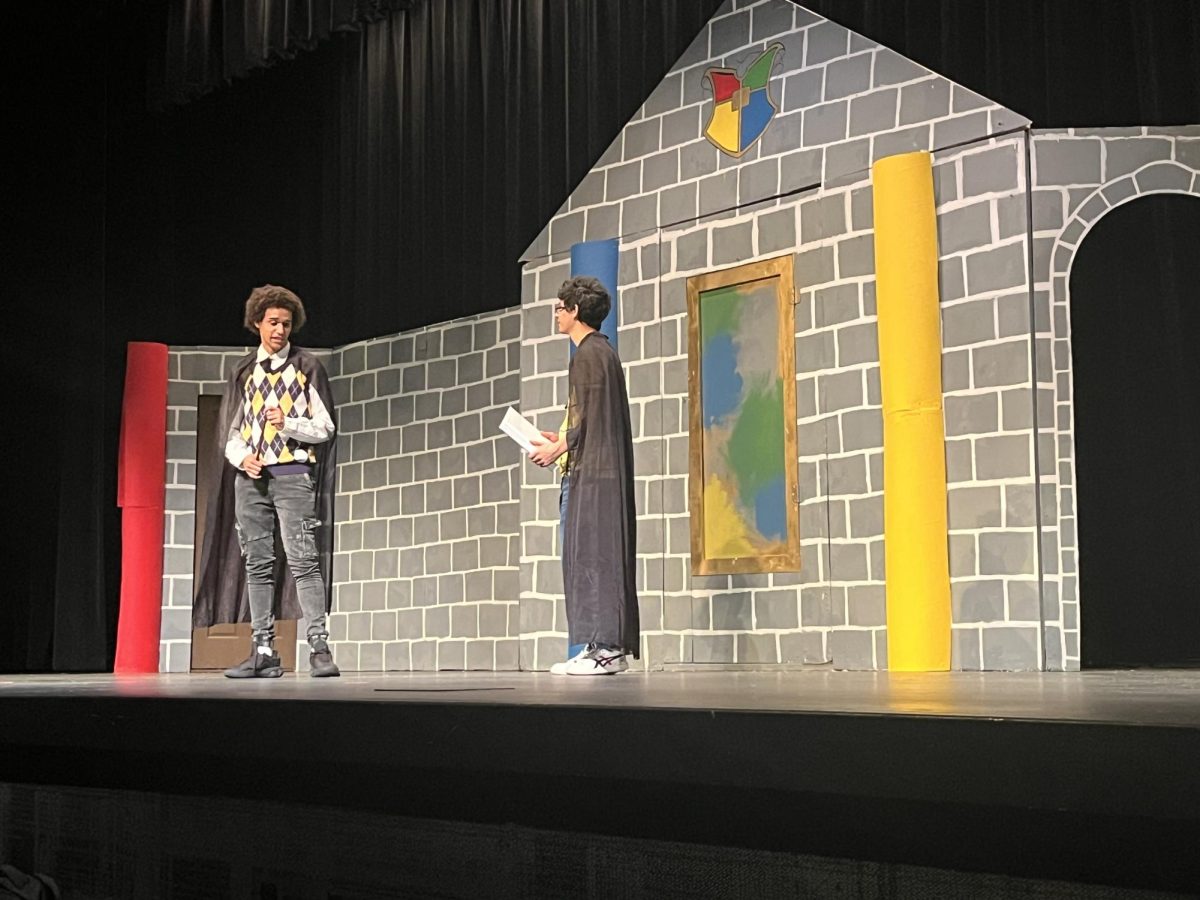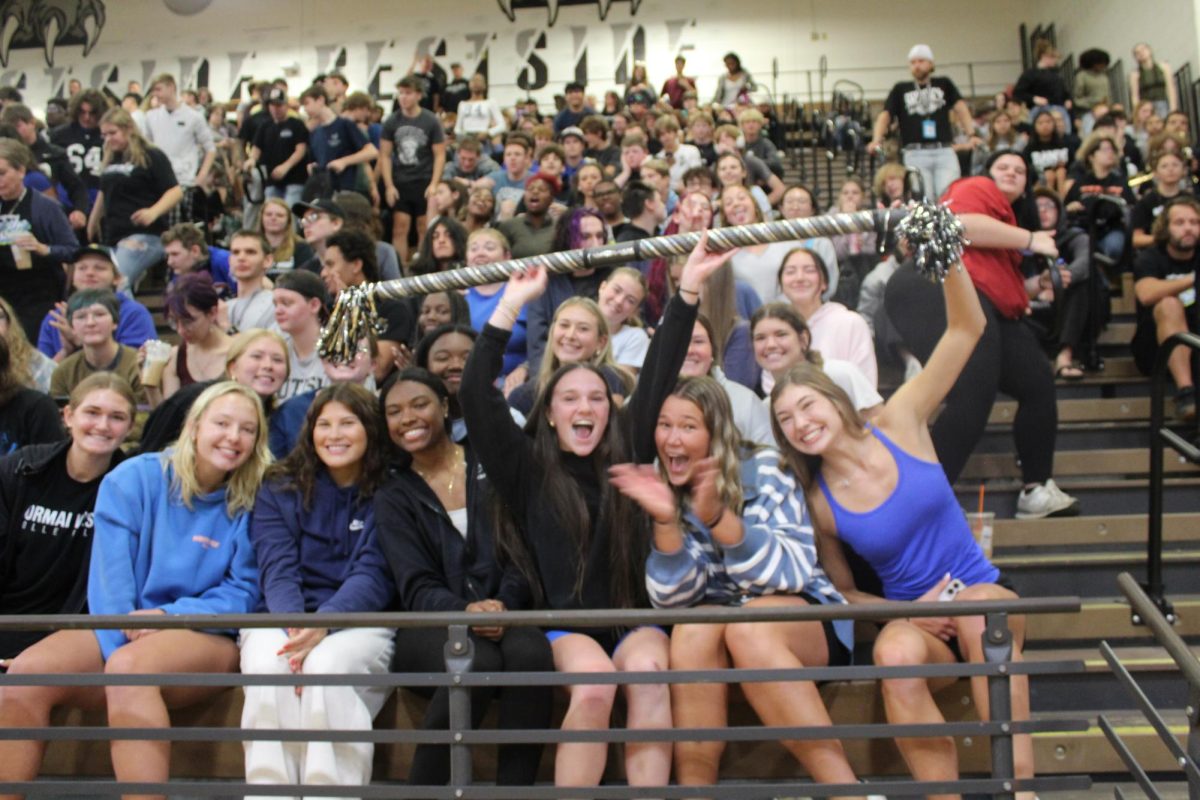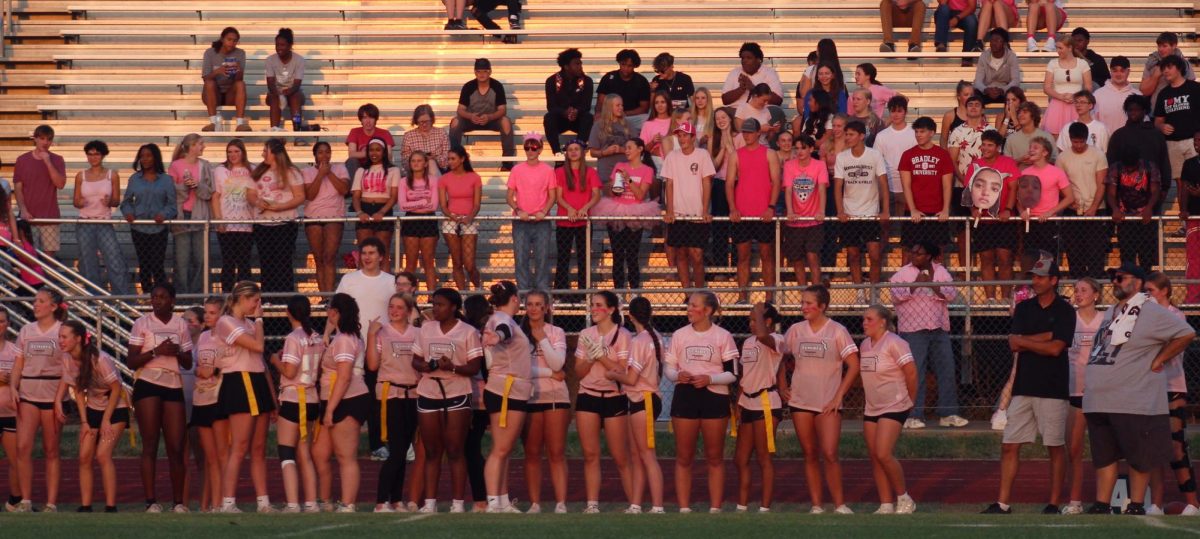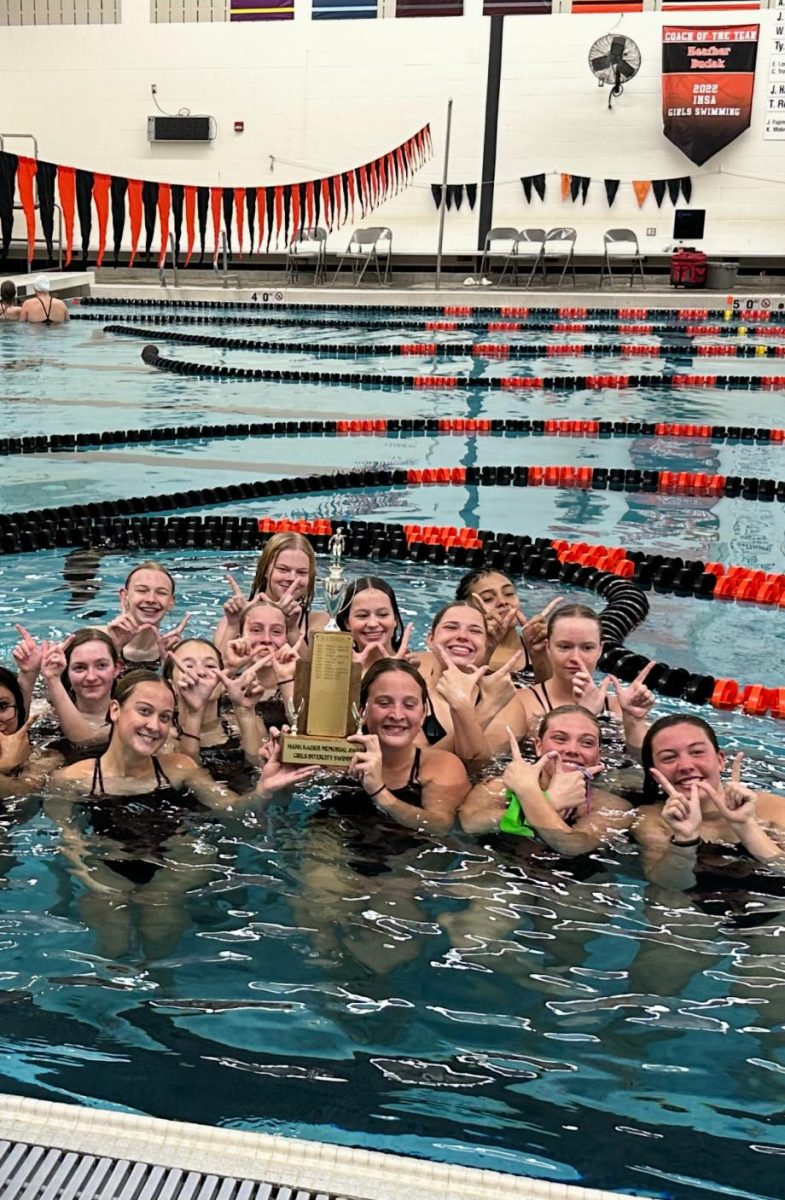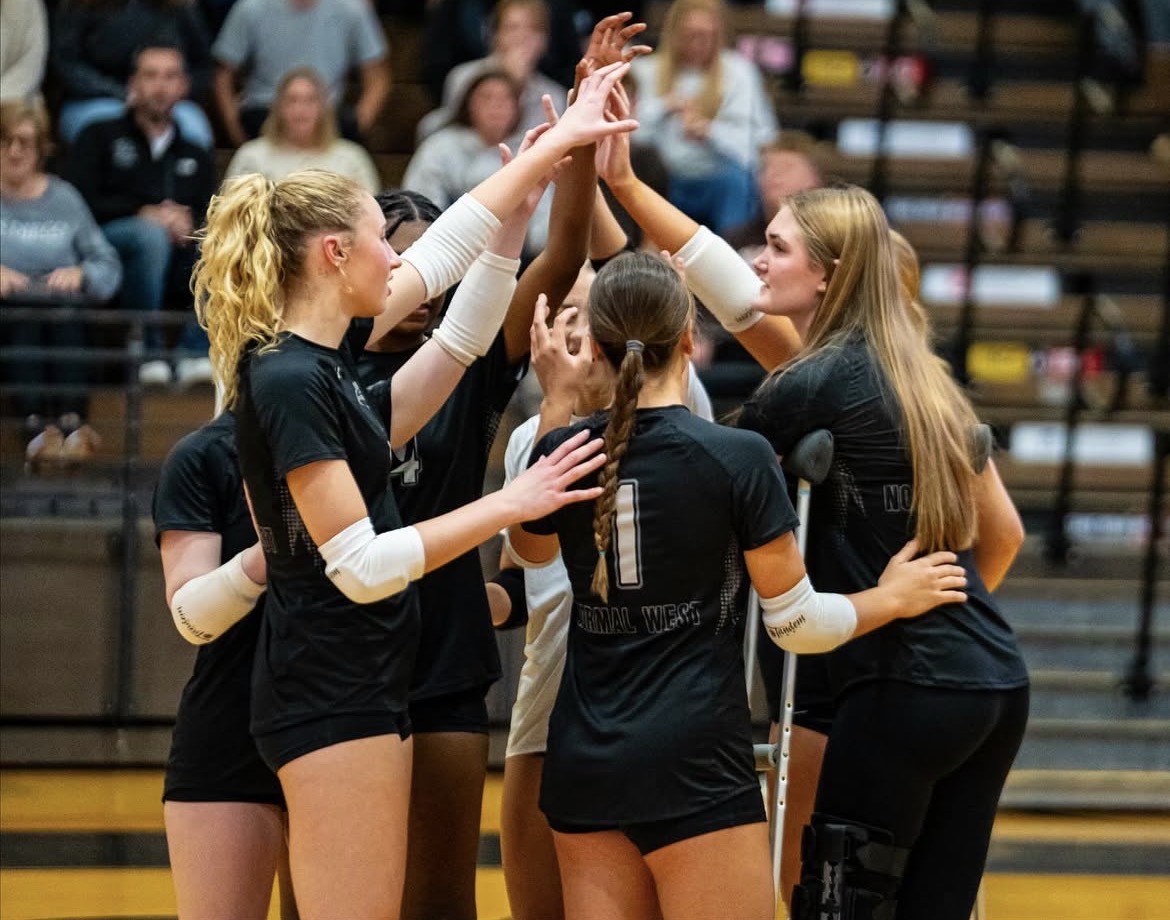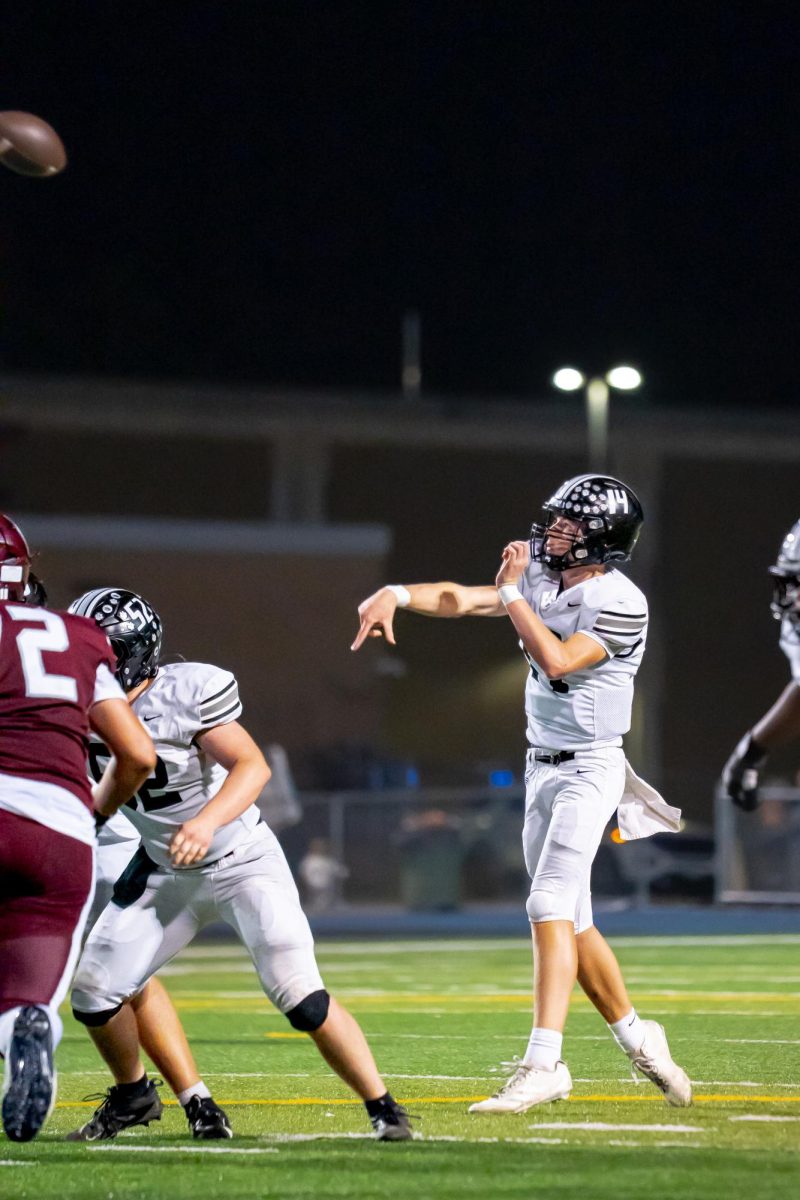The Illinois House of Representatives is introducing two new bills for high school student athletes that could have an unprecedented impact on Illinois high school athletics.
The Illinois High School Association (IHSA) was founded in 1900 as a private organization. Today, the association maintains this identity, meaning it is not a part of the state government or public education system.
For 125 years, the IHSA has come up with their own rules for student athletes without government interference, but two current bills are putting this in jeopardy.
House Bill 473 would allow athletes two transfers to anywhere in their district, void of any restrictions (sitting out 1 year, academic probations, or code violations), and would allow student athletes to transfer and continue playing their sport after their school’s season has finished.
With this change, multisport athletes would not be allowed to transfer for only one sport. If they transfer for sport A, they would have to play sport B at their new school, as well.
Those in defense of the bill say that it would allow kids to transfer schools for specific reasons, such as recruiting exposure or coach preference.
Matt Troha, an 18-year veteran as an assistant executive director of the IHSA, questions these two bills and their potential impact on student athletes in Illinois.
“[The IHSA has] pretty stringent transfer bylaws. One of our bylaws is that students should be with their parents…or whoever their guardian is and shouldn’t necessarily be free to just go somewhere and be with a friend or an aunt or an uncle because that opens the opportunity for people to transfer a lot more,” Troha explained.
With the passing of House Bill 473, students would be able to transfer with a lot more freedom.
“Students [could] transfer and bypass any academic requirements that they need to transfer, while not needing to move closer to school, so this bill gives students pretty much two free transfers,” Troha added.
One of the biggest concerns with the potential rule change is kids jumping from school to school.
“I have some concerns with the number of transfers that we’ve seen just continuing to go up over the years, and I think you can make the case that many of them…or more and more of them seem to be athletically motivated,” Troha said.
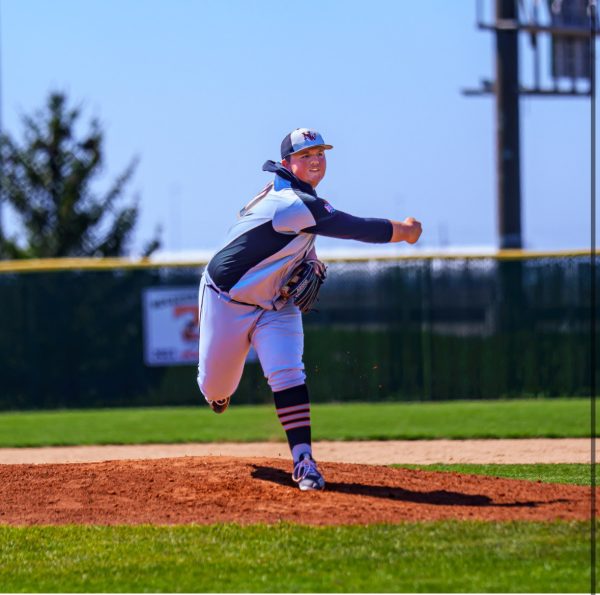
Another concern includes the disconnect this potential change could bring between student athletes and their school pride.
“Education-based athletics is supposed to be about having the mentorship of coaches, developing, and playing for your community” Troha continued.
One of the IHSA’s biggest points of pride is the state tournaments that they host for all IHSA-sanctioned activities. As they stand, the tournaments are special in that a select group of people get to experience competing at that level.
“We’re excited about our state championships. Those are a big part of what we do, but a very small percentage of students and coaches are ever going to be a part of that. And education-based-athletics is supposed to be about having the mentorship of coaches, developing [and] playing for your community, and developing life skills. So that’s a pretty big one to us: the the academic component and being eligible and you know being a good enough citizen to be allowed to play… and so the ability to escape that, I think, would really take away one of our fundamental beliefs,” Troha claimed.
Similar transfer laws have passed in both Florida and Missouri and although it is new to the state, the impact the law is having on student athletes is becoming apparent.
“They [Florida] have a lot of concerns down there; it’s still kind of in its infancy so the long-term impacts can’t be measured yet, but I think they see it as a negative,” Troha revealed.
The second bill that could pass is the Right To Play Act, which could allow players to play club sports during their school season.
Currently, this law is under consideration in the General Assembly, and its passing would allow high school athletes to participate in both school and non-school sports, such as club or travel teams, in the same season.
IHSA’s current ruling requires permission for athletes to play in non-school events during the same season of a sport they are participating in.
The IHSA’s biggest concern for the passage of this legislation is with the potential burnout and injury in student athletes.
“Club sports can basically go nine months out of the year without any interference, and now you’re doubling up the amount of playing time during the same season is when injury happens,” Normal West Athletic Director Wes Temples explained.
“Another concern is the pressure they might face to pick one over the other and draw criticism from either team whether it’s from their coaches or teammates,” Normal West boys varsity basketball head coach Ed Hafermann added.
If you are interested in IHSA athletics, this an important story to stay updated on.




